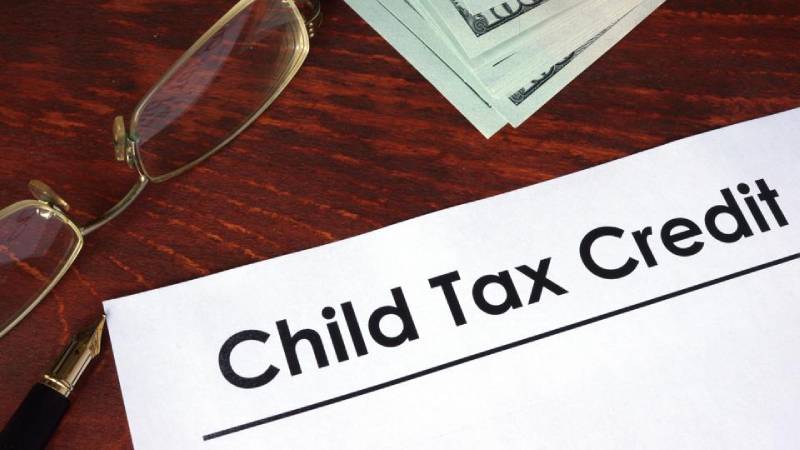Changes to the federal child tax credit included in a bipartisan plan that was passed by the House last week will benefit millions of families.
The majority of help would go to low-income households, particularly those with several children. As to the Urban-Brookings Tax Policy Center, the additional provisions would result in a tax savings for most families with incomes under $21,000.
Take a look at who is eligible for the tax credit.
What is the tax credit changing?
The tax credit now provides a discount of up to $2,000 per kid, of which up to $1,600 may be refunded.
The plan would gradually increase the credit amount that can be refunded, making it $1,800 for tax returns filed in 2023, $1,900 for the next year, and $2,000 for tax returns filed in 2025. Additionally, the bill modifies the topline credit amount such that it grows forever at the rate of inflation.
The plan maintains the $2,500 income requirement for families to qualify for refundable child tax credit payments.
There wouldn’t be an extension to the American Rescue Plan’s monthly payments from 2021.
Children must be qualifying dependents and have a Social Security number in order to qualify. The Internal Revenue Service website has the complete set of requirements.
How much would tax bills be reduced?
The Tax Policy Center estimates that in 2023, households receiving tax credit benefits will have an average tax savings of $680.
A tax cut would benefit over half of households with annual incomes under $21,000 and somewhat less than 25% of households with annual incomes under $40,500.
However, the law would also help individuals who make over $980,000, or the top 1% of earners. Based on Center estimates, those households would enjoy a 0.5% ($9,500) increase in after-tax income in 2023.
Conversely, after-tax gains for households in the lowest income quintile (those making less than $21,000 year) would average $0.3% ($60) in 2023.
The changes would result in a decreased tax bill for just over 16% of Americans overall.
What’s next in Congress?
The plan must pass the Senate before the extra tax provisions will be felt by the American people. There is uncertainty about its future since a Republican senator has already hinted that some in his party could be hesitant to hand President Joe Biden a victory to run on in November.
Senate Ron Wyden (D-Ore.) and House Ways and Means Committee Chair Jason Smith (R-Mo.) are at odds over the Senate Republicans’ exclusion from the negotiations.
They say that the bill will allow tens of thousands of immigrants who are being granted parole by the Biden administration to access the child tax credit (CTC).
The bill has the potential to be most beneficial to low-income Americans if it can overcome hurdles.





